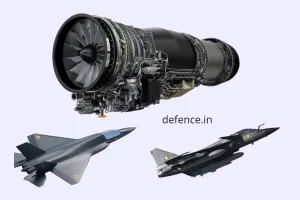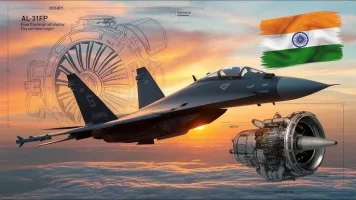- Views: 1K
- Replies: 12

In a move that has raised eyebrows in India's defence community, the government is in talks to acquire the Stryker Armored Personnel Carrier, Javelin Anti-Tank Guided Missiles, and SIG716 rifles from the United States. The move is perplexing given that India has been making strides in developing its own defence industry, with several domestic alternatives available for these systems.
Defence experts and industry insiders question the urgency of these deals, especially considering that local options are not only more cost-effective but also tailored for Indian terrain and operational needs. The concern is that the Ministry of Defence's preference for American weaponry might be driven more by political considerations than actual defence requirements.
The Stryker APC and Javelin ATGM, while proven systems, are considered by some to be technologically outdated and overpriced. India already has domestically developed options like the Kalyani M4 and Nag ATGM that offer comparable or even superior capabilities.
Similarly, the SIG716 rifle procurement has faced criticism for being an unnecessary and expensive acquisition when Indian manufacturers could provide similar or better systems at a fraction of the cost.
India's defence sector has seen significant growth in recent years, with both public and private players investing heavily in research and development. Companies like Tata Motors, Larsen & Toubro, and Bharat Forge are capable of producing world-class military equipment. Additionally, the Defence Research and Development Organisation (DRDO) has made considerable progress in developing advanced indigenous systems.
The government's decision to pursue American deals raises questions about whether domestic manufacturers are being given a fair chance to meet the country's defence needs. The growing number of high-profile defence deals with the U.S. signals a strategic alignment between the two countries. However, many experts argue that this increasing reliance on American technology comes at the cost of India's goal of self-reliance in defence.
The Modi government's "Make in India" initiative emphasizes the importance of building a robust domestic defence industry. However, the rush to finalize big-ticket purchases from the U.S. raises concerns that the government's actions might not align with its stated policy objectives.
The potential licensing and local production of U.S. systems in India, while seemingly beneficial in the short term, may also undermine the growth of the Indian defence sector by diverting attention and resources away from indigenous development.
India's defence needs go beyond basic ground combat systems. The military has consistently sought advanced technologies in areas such as cyber warfare, missile defence, and unmanned systems. Experts question why, instead of investing in these critical areas, the government is opting for low-tech equipment that the Indian private sector can already manufacture.
Another major concern is the high cost of U.S. defence equipment. With India's defence budget under pressure, many experts argue that the country cannot afford to spend on foreign-made equipment when cheaper and more effective options are available domestically.
While strategic defence ties with the U.S. offer India access to advanced technology and enhance interoperability with Western forces, there is growing concern that these deals are being made at the expense of India's self-reliance goals. The Modi government faces the challenge of balancing the need to strengthen defence ties with the U.S. while fostering the growth of its domestic defence industry.



